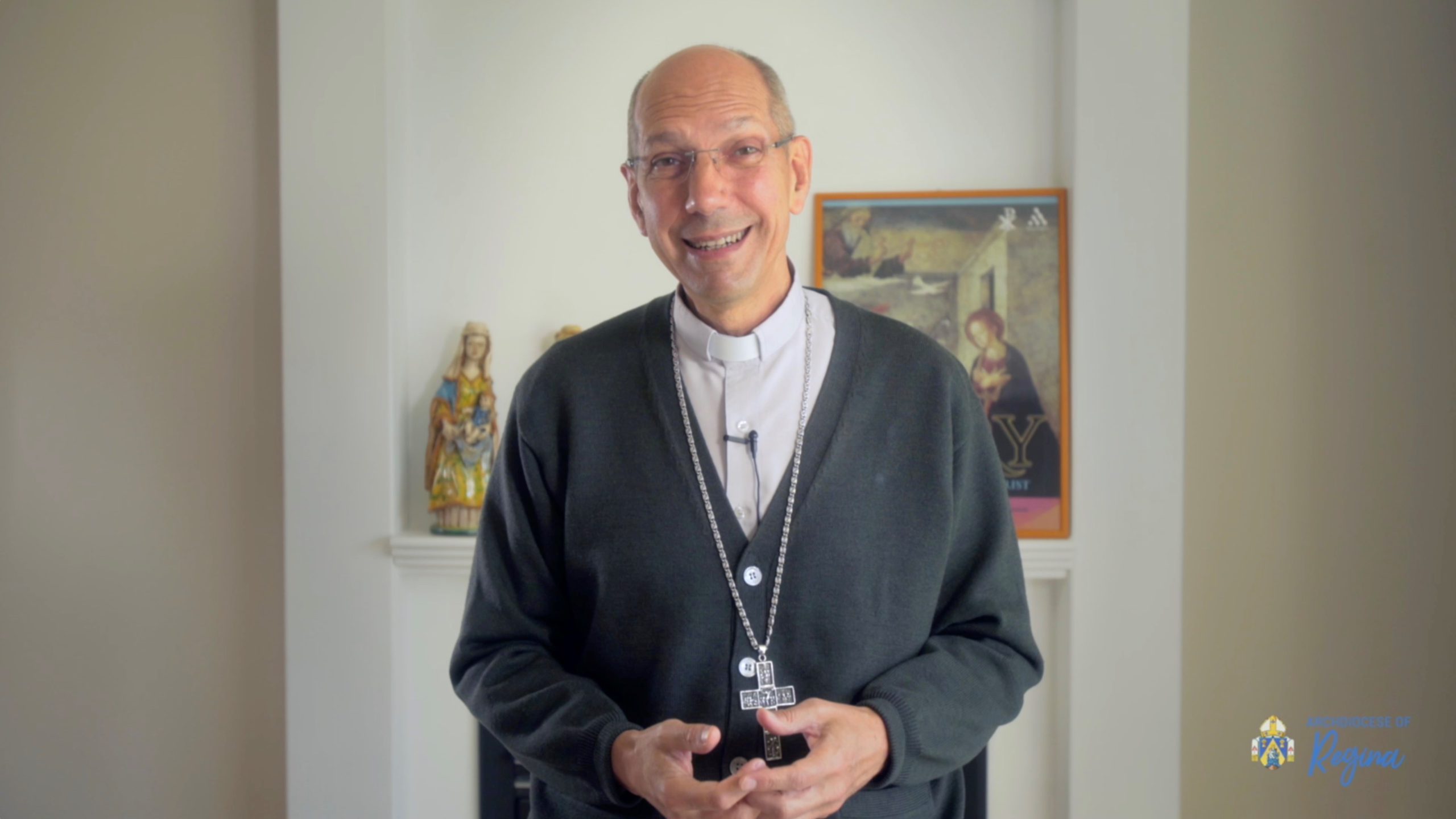
Warm greetings in the Risen Lord.
A couple of days ago I started asking people a question: what would you like people to say 20 years from now about how we as church and society lived through this pandemic. Not what they probably will say but what we’d like them to say. It’s a way of asking what we should be striving for even now. I received an overwhelming number of powerful responses to the question. Here are 10 memorable responses, most of them cobbling together pieces from different people around themes that kept coming back.
1. In 20 years, I hope that people say that out of the turbulent times that we lived – the suffering that came with the virus and the shutdown of much of our society, the loss of work, the stress and the depression – in the midst of that, we learned something new about listening to and walking with those who are suffering; that it made us more compassionate; more attentive to what the marginalized live with all the time. And that out of this experience of suffering we came to understand our united humanity more deeply; that we are a part of something larger than our own lives; that we are in this together.
2. I hope that twenty years from now, when people will remember this time, they will say something like, “it was a time of profound longing for the sacraments, an extended Lent that carried on into Easter, a time of spiritual hunger and thirst, but it led to a revitalization of our faith. Longing led to deeper appreciation, as we realized the value of what we had lost, and stopped taking the great gifts of our faith life for granted. After COVID-19 we had a renewed sense of the Eucharist as the center of the Christian life because of our experience of fasting from it. It all meant so much more to us. The joy now was connected to the longing then.” I hope they’ll say “we remember the incredible joy of the first full public Masses after the pandemic, a joy which was more contagious than the virus, in a more lasting way. When we went back, it was like Easter. We understood the death and resurrection in a new way, felt it from the inside.”
3. I hope they say it was a time when individuals, church and society, hit the reset button, that families and communities reset our priorities and took the opportunity to return to what really matters. When we stopped running around so much, when the frantic pace of our lives was halted from the outside, and the relentless to-do-lists sat idle, good things filled the void. As we released our grip on things of the world, we started to recognize the beauty of life in simpler ways. Less cluttered lives were more attentive to connection with God and with each other; with what it means to be a Christian; with the dignity and wonder of each human life. In that restored simplicity, we learned new priorities, remembered what was truly valuable and worthy of our time and energy, worthy of our lives.
4. When we look back, I hope we’ll say that when we couldn’t gather on Sunday mornings in our parishes, we learned that church isn’t just what happens in our parish once a week – as important as that is. During the pandemic we learnt anew that Christ was with us, even when we seemed alone. We told stories of how Satan and Jesus stood looking at the Globe, and Satan said “look, I managed to close the churches” and Jesus responded “yes but I ended up in every living room.” This experience truly expanded our horizons of what it meant to be Church, with a recovery of traditions which had given life to people in past generations, and a discovery of the power of the Holy spirit at work in exciting and lifegiving ways – right in our homes, in the heart of our families. God was nearer, more intimately present in our lives, than we had ever imagined.
5. May it be said that this was a defining moment for the Church, for Christians as a whole. In a season of deficit, of uncertainty and disruption and isolation, we yearned not only for the Eucharist, but for the community – and in that yearning, laid the seeds of a renewed commitment to the Church’s mission to reach out in loving service to the world, building up the common good. We noticed a hole at the center of our Christian lives when we were not able to offer ourselves to our brothers and sisters in prisons, hospitals, shelters, and support groups. A time that started out quiet and lonely became a time to re-ignite our faith and gave us a renewed sense of the mission of Jesus Christ and how each one of us is invited to be an integral part of it.
6. I hope it will be said 20 years from now that we turned a corner, as human community, in learning how we need to care for the natural world. The lockdown caused us to take a great pause, and in that pause, we saw signs of the earth renewing itself. With our lives slowing down, we experienced anew how God speaks to us in the created world. We also saw that when one part of the world is wounded, we are all affected. The basic principles of Catholic social teaching became a roadmap for addressing injustices and bringing renewal and healing. Decisions that seemed too costly before the pandemic were seen as the responsible way forward after it.
7. I hope people will say that at this time of crisis, amidst the closure of all of our places of worship, we were able to connect more deeply with others Christians in our area, and that we saw how important it was to share resources and work together to build up the community. And that Christian faith leaders invited other faith leaders into dialogue, so that we could speak together to government and health officials, articulating our needs and the vital importance of faith communities and spiritual life, and how lost we are without them. May people look back on this as a time when polarization gave way to dialogue, where we took steps to heal divisions in our communities, parishes, and families. And how we learned to reverence relationships more, recognizing that we survived through being supported by and supporting others.
8. Twenty years from now I hope we can speak about how we didn’t just survive the COVID pandemic, but how we learned how God’s faithfulness gave us the grace to be more resilient and courageous than we had thought possible. We found opportunities to be good neighbours, we found new ways to care for the sick, and for one another. In the isolation there were new artistic and intellectual masterpieces that celebrated the human spirit and uplifted us all. Humour flourished, creativity abounded, and we learned anew of the resilience that God places in the human heart.
9. May it be said that as our faith was revitalized by a renewed appreciation of the sacraments, it was also a time for a renewed pastoral outreach which bore great fruit. During the pandemic, pastors and lay leaders reached out in all sorts of ways to their parishioners, making phone calls to see how people were doing, offering help where needed, a listening ear, and relationships grew in wonderful ways. Email lists, livestreamed Masses, electronic resources made it possible to share the Word of God in creative ways. And we learned something about reaching beyond the pews, entering into contact, listening and ministering to those who don’t join us for Mass but nonetheless are yearning and searching for God, for faith, for a meaningful life.
10. Finally, from a time when much of the human race took a ‘timeout’, a time of quarantine, imposed solitude and retreat, when we recognized how vulnerable and fragile and not in control we are, may it be said that we have found time to listen to our hearts’ true yearnings; and that after the pandemic, our return to normal was different. We had come in touch with a humility proper to the human condition, recognizing how dependent we are on each other; and we became less angry, more even tempered, more willing to extend a gentle hand of love, caring and friendship. Prayer having found a greater place in our lives, we rediscovered the sabbath, and found a renewed joy in the simple dignity of being alive and loved by God.
Rich blessings in the Risen Lord.

